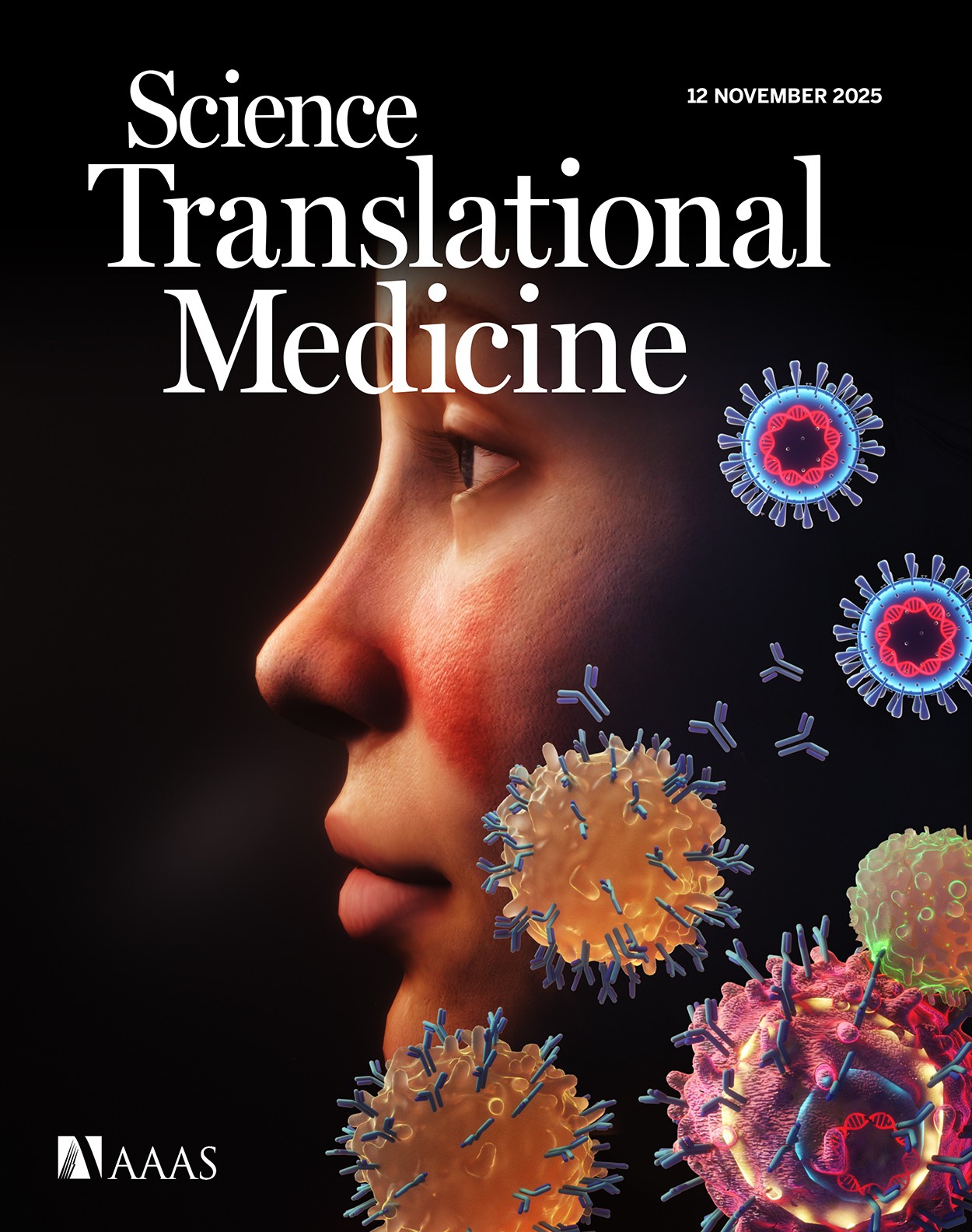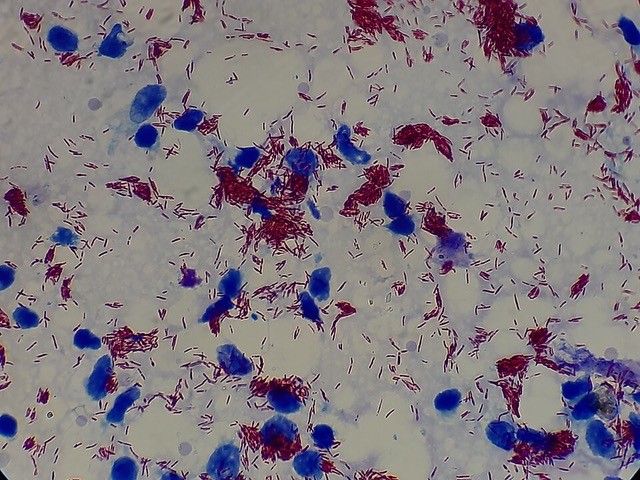Is it dangerous to be vaccinated if you have already had the coronavirus? 24 August 2021
In order to fight false information on a daily basis, the Verifiers team has formed a partnership with the French National Institute for Health and Medical Research (Inserm). The aim is to interview the most experienced researchers and to answer the questions that Internet users have about the coronavirus and vaccination. In this first episode, we deal with Emmanuelle’s question, sent to the dedicated e-mail address lesverificateurs@tf1.fr.
She wonders about the delay before being vaccinated for a person who has already had the virus. And about the possibility of a “dangerous” vaccine for an asymptomatic person who is unaware of having contracted the disease.
Can’t get vaccinated if you’ve got Covid-19?
Since the start of the epidemic, more than three million people have contracted Covid-19 and recovered. A number that will double according to the latest calculations of the Pasteur Institute, for whom 17% of the population in metropolitan France has contracted the disease. So many people who therefore a priori do not need to receive one of the precious doses. “From an immunological point of view, it does not seem to me that the vaccination of people who have already contracted the virus is a priority”, confirms Béhazine Combadière, director of research at Inserm. It is in this spirit that the High Authority of Health (HAS) had published a first opinion on the issue, December 18. Observing that the data did not allow “to know if there is a benefit to vaccinate people who have already been infected”, the public authority had considered that there was “no reason to systematically vaccinate people who have already developed a symptomatic form of Covid-19”. The administration has, however, backtracked. And it now recommends a single dose, taken after three months.
Why this delay, which worries the Internet user who contacted us? “It’s the length of time it takes for the immune memory to set in,” replies the Inserm expert. “It takes a certain amount of time to create this memory and we consider, thanks to the observation of viruses in general, that this period is three months.” The period for which people who have been positive are “considered protected for at least three months by post-infectious immunity”, writes the HAS.
This delay is therefore not related to a potential dangerous nature. “It is absolutely not contraindicated to be vaccinated after contamination,”repeats the researcher at the Center for Immunology and Infectious Diseases, even if one has just had it or if one has had asymptomatic forms. According to LCI.fr, she indeed explains that an immune response cannot be harmful. “Once the body has seen the virus, that it has a response, the vaccine just revives the immune system by bringing back the virus.”
Why a three-month delay?
If it is not dangerous, why respect this three-month delay? Simply because France does not have enough supplies. “For the healthy population that has already had the virus, given the current situation of a lack of doses, there is no urgency to get vaccinated,” the researcher summarises.
Nevertheless, there is a downside. The long-term immunity of previously infected people is not known. “Immune responses after infection are variable and more or less important. You have to be sure to achieve good levels of immunity,” says the research director. Reason why, after having estimated last December that there was “no reason to systematically vaccinate” this public, the High Authority of Health has changed its recommendations.
So we can combine “natural” protection with that of the vaccine? “Absolutely”, replies our interlocutor. The single dose of vaccine will simply act as a booster. “It’s the same principle as the booster every ten years,” she advises, with pedagogy. “The immune system is asked to remember how it fights the virus. It’s good for the immune memory.” And to take a quite ordinary example: “It’s like looking at a photo at regular intervals, to make sure the memory of the moment remains intact.”

